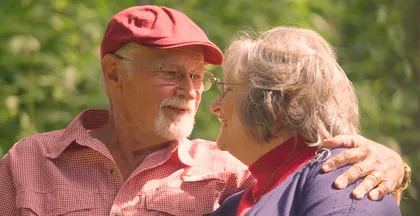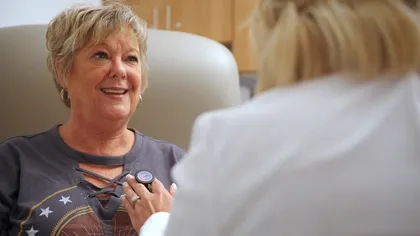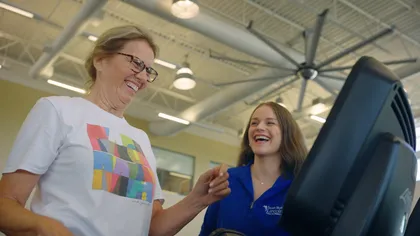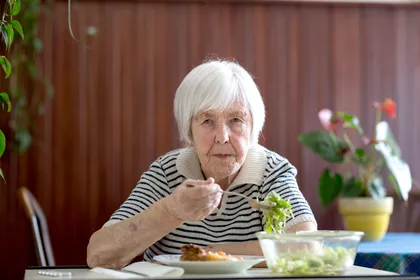SBL Heart Center Patient Stories
Trust Worth Traveling For 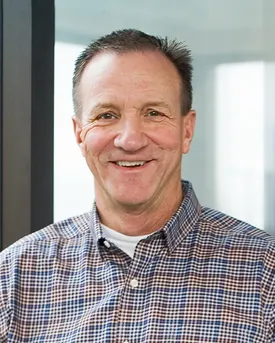
A long drive to SBL Heart Center brought Keith Sprague a healthy heartbeat and a full recovery.
When Keith Sprague’s heart fell out of rhythm in September 2025, the Springfield resident knew he would call on SBL Electrophysiologist Mohamed Labedi, MD, for help. The doctor had performed an atrial ablation on Keith, 67, in January 2025 with a perfect result.
“The first time I met him at his previous practice, he immediately left an impression,” Keith said. “He gave off a friendly and warm feeling. He was direct and explained everything well.”
Knowing that his heart rate could spike again, Keith monitored his cardiac activity. When he felt very fatigued one day last summer and he noticed that his heart rate had spiked to 138, Keith knew he needed help.
Keith learned that Dr. Labedi had begun practicing at Sarah Bush Lincoln— more than an hour from his home— yet Keith was not deterred and scheduled an appointment. “I am an Eastern Illinois University graduate, so I was not only familiar with the area, but Dr. Labedi being at Sarah Bush Lincoln made it a no-brainer to go there. I never stressed over the travel or the procedure. I trusted in Dr. Labedi wholeheartedly, and I knew God was watching over me the whole time.”
Dr. Labedi performed an atrial fibrillation ablation on Keith, leaving him with a good bill of health. “I am 100 percent. I have no restrictions, and I feel back to normal,” Keith said.
“My interaction with Sarah Bush Lincoln was impressive from start to finish,” he explained. “Every person I met, including nurses, technicians and office assistants, were courteous and professional.”
Keith extends his gratitude to all the nurses who cared for him at the SBL Heart Center and in the SBL Progressive Care Unit, and he also appreciates Advanced Practice Provider Bryce Yantis, APRN, who assisted Dr. Labedi in the process.
Keith often travels to Coles County to visit his alma mater, and despite his September visit being for a different reason, he left with the same level of satisfaction. “I will always recommend Sarah Bush Lincoln and Dr. Labedi,” he said. “This is vital care many people need, and Sarah Bush Lincoln can provide it exceptionally well.”
For more information about The Heart Center at Sarah Bush Lincoln, please call 217 238-4960.

